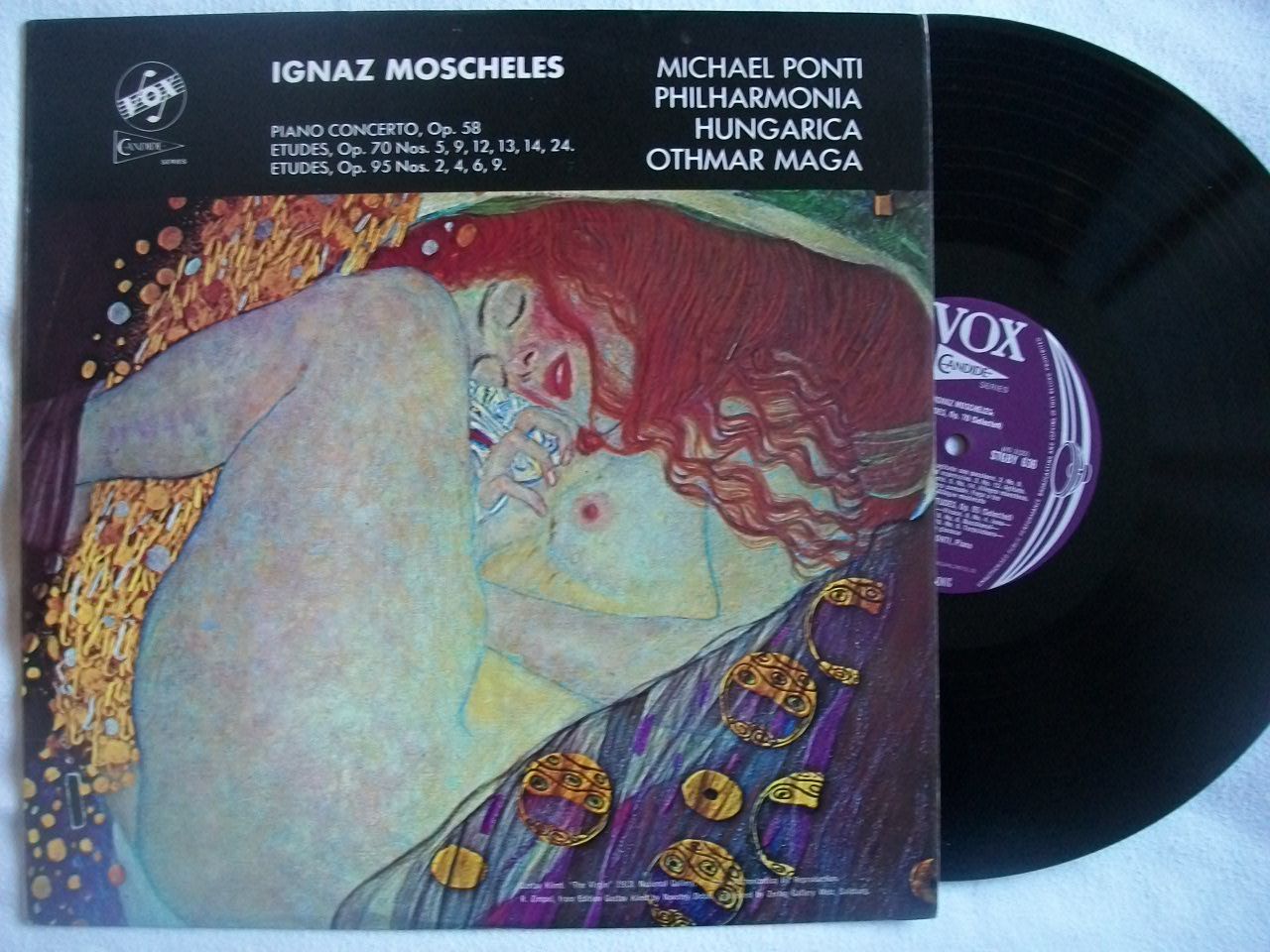Listening this morning to some English music for viol consort. What I love about this repertoire is the sense of inward reflection and repose that informs the music, which gives us some idea about the subtly refined tastes of its contemporary audience. Looking at what was happening elsewhere in Europe at the time this music was written and performed, I can hear the cerebral nature of the German Baroque intermingled with the depth of human emotion that the French Baroque achieved, subtly channeled through the evidently more reserved, more self-effacing composer/musicians that attended English courts around this time.


There is a stillness about this music, an impression of the musicians performing primarily for themselves. It would be incorrect to assume, however, that this stillness is a rarefied one, hermetically sealed from any kind of human emotion. There is no extroverted virtousity on display, no striving after any kind of emotional effect. This is music that demands, and repays beautifully, close and attentive listening to fully appreciate its inner beauty, which is expressed simply in the individual instrumental timbres, the interplay between the musicians and the emotional serenity that lies at the heart of these glorious melodies which take time to unweave and require a receptive frame of mind on the part of the listener.
Perfectly suited to this repertoire is the viola da gamba, an instrument that is capable of great depth and emotional resonance. The profundities that music has to offer us can be abstract and cerebral on one hand or they may be immediate and emotional. Whilst it is the ultimate responsibility of the performer to balance the demands of pure reason and pure emotion, there is something in the resonating depth and timbral purity of the viola da gamba which bridges these contrasting demands. When you sit and listen to a recording of this instrument - be it in a viol consort or in a solo context - you are struck initially by a sense of emotional warmth and unaffected gravitas. The insights offered by the music appear to unfold naturally with unhurried grace and serene beauty and without any sense of conflicting struggle between head and heart.
As I write this I'm listenimg to Marianne Muller's gorgeous performance of Tobias Hume's solo viol music which was released a few years back on ZigZag, beautifully juxtaposed with some more modern music for viola da gamba that Eric Fischer wrote in 2008.

Gryphon Diablo 300, dCS Rossini (with matching clock), Kharma Exquisite Mini, Ansuz C2, Finite Elemente Master Reference.







